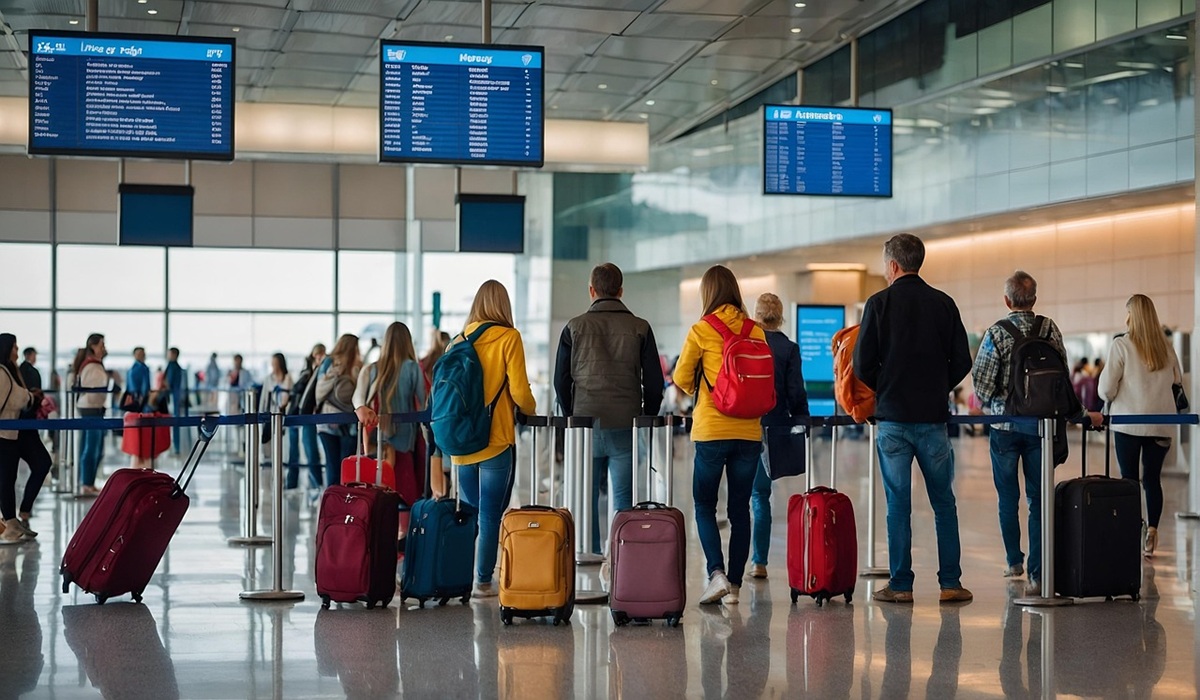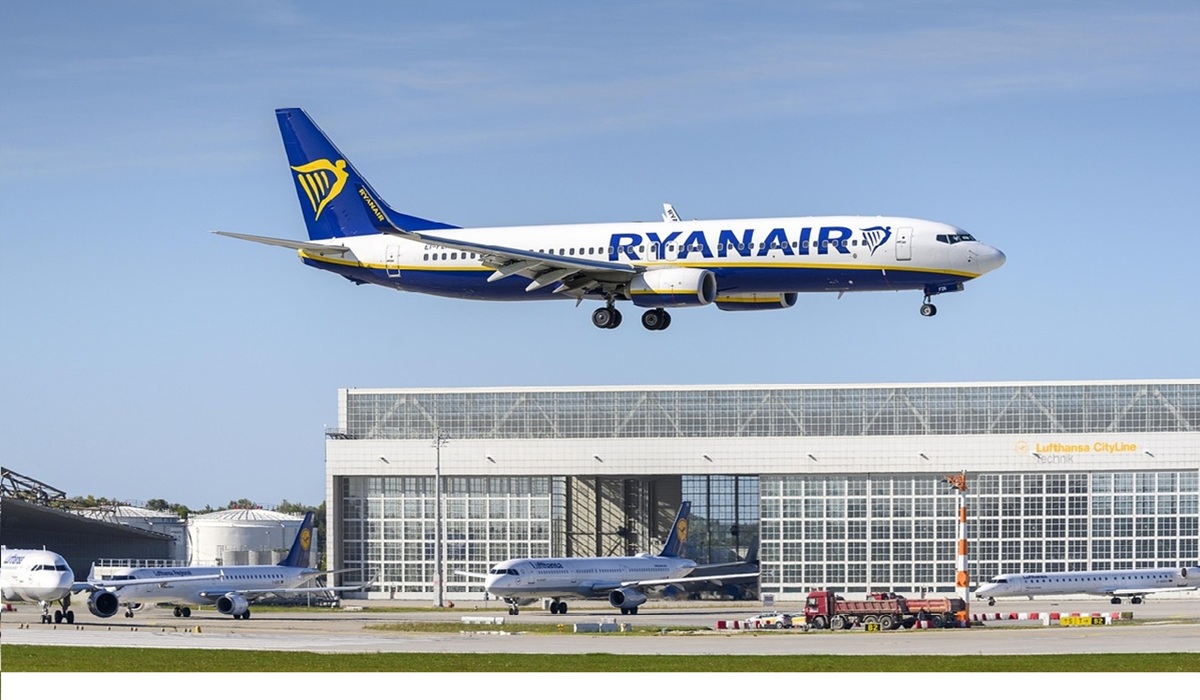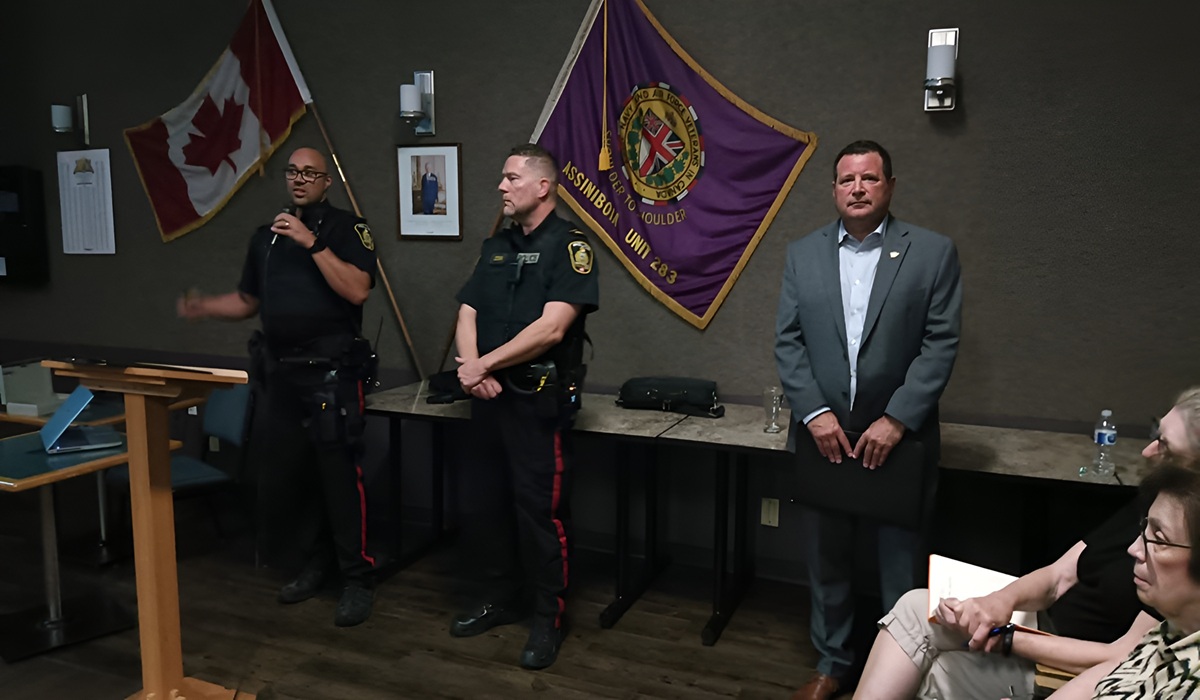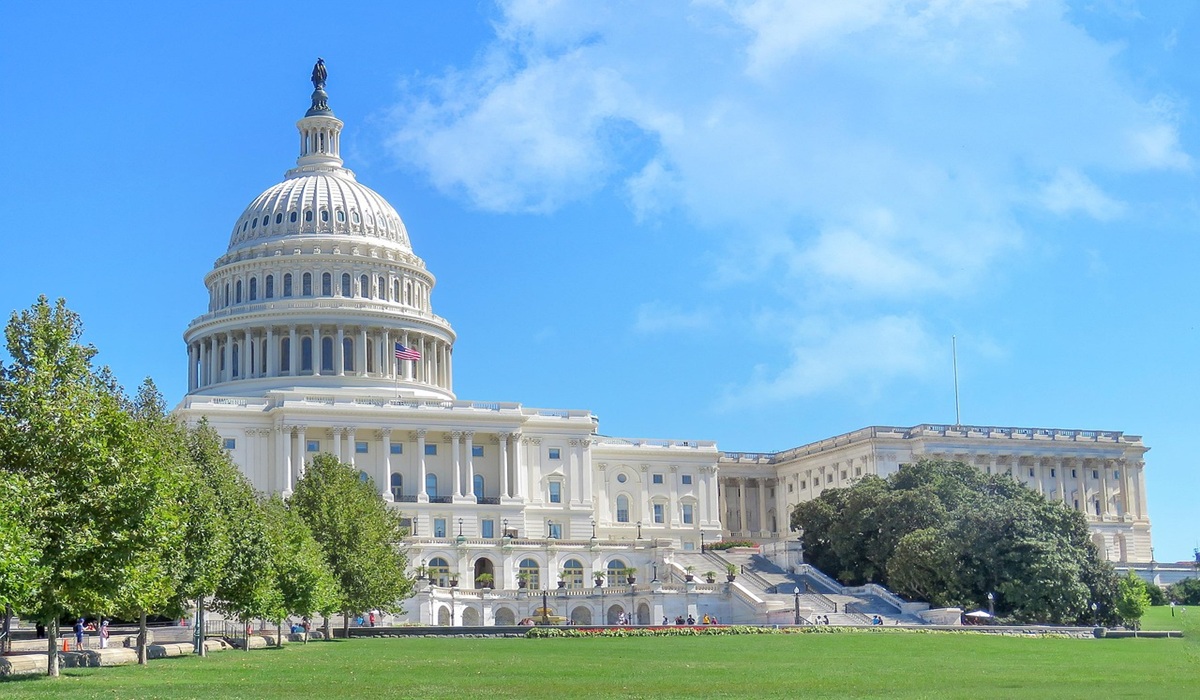The Hidden Struggle Behind America’s B-1/B-2 Visa — And the Experts Still Bringing Hope
- TDS News
- Travel
- Trending News by B1B2 VISA Appointment
- October 6, 2025

By Donovan Martin Sr, Editor in Chief
For many Canadians and international travelers, the most frustrating part of visiting the United States today isn’t booking the flight or finding a hotel — it’s getting the visa. The B-1/B-2, America’s visitor visa, once seen as a straightforward entry permit, has become a symbol of long waits, uncertainty, and bureaucratic fatigue.
Every week, thousands of people across Canada — in Toronto, Calgary, Montreal, Vancouver, and Halifax — log on to the U.S. Department of State’s scheduling system hoping to find an open interview slot. They’re business owners preparing for trade shows, families planning vacations, and students attending graduations. Yet what they encounter instead are wait times stretching months, even years, as U.S. consulates grapple with overwhelming demand and reduced staffing.
For those unfamiliar, the B-1/B-2 visa is America’s combined short-term visa for business (B-1) and tourism or medical travel (B-2). It allows foreign nationals — including Canadians who do not qualify under visa-exempt categories — to temporarily visit the United States for conferences, family visits, medical care, or leisure. In many cases, this simple visa is life-changing: it opens doors to opportunity, connection, and commerce. Yet today, getting one has become one of the toughest bureaucratic challenges in North America.
That’s why when we wanted to understand what’s truly happening behind the scenes — and how ordinary people can still navigate the chaos — we turned to one of the leading voices in the field: Karanveer Dhillon, U.S. Immigration Consultant and Founder of a respected visa advisory firm that helps clients across Canada, the U.K., the UAE, Pakistan, Bangladesh, and Nepal.
Dhillon, who has spent years guiding applicants through the complexities of U.S. visa processing, describes the current situation bluntly:
“People are doing everything right,” she says. “They fill out their DS-160 forms, pay their MRV fees, and check for openings daily. But when appointments are booked out until late 2026 in some cities, people start to lose hope. They don’t know who to trust or where to turn.”
Her words echo what countless travelers are experiencing. Consulates in Toronto, Ottawa, and Vancouver — traditionally among the busiest in the world — are now working through enormous backlogs. The ripple effect of pandemic closures, global migration shifts, and policy redirections in Washington has strained an already complex system. Even when applicants secure an appointment, sudden cancellations or rescheduling notices can throw their plans into turmoil.
But sometimes, expertise makes all the difference. In one recent case, Dhillon’s firm managed to help a client move their U.S. visa appointment from January 2027 all the way up to October 2025 — a remarkable achievement that meant a family reunion could finally happen two years earlier than expected. “That’s exactly why you work with professionals,” Dhillon explains. “It’s not luck — it’s knowing the system, tracking it, and acting at the precise moment when opportunity opens.”
For Dhillon, this isn’t just paperwork — it’s personal. Each case represents a story: a parent hoping to attend a child’s university graduation in Boston, a small business owner traveling to Las Vegas for a trade expo, a patient referred to a specialist clinic in Houston. “The B-1/B-2 visa may be temporary,” she says, “but its impact is permanent. For many, it’s the key that unlocks their future.”
What makes her firm stand out is not just experience, but access — access to knowledge, to updates on shifting consular priorities, and to a process that often seems designed to keep applicants guessing. Her team monitors embassy scheduling systems across multiple countries and helps clients prepare the documentation and timing needed to catch earlier appointments when rare openings appear.
Dhillon explains,
“The challenge today isn’t just the visa process — it’s misinformation. People are misled by online forums, unofficial websites, or even fraudulent agents who promise impossible results. Our job is to bring transparency and order back to something that feels chaotic.”
The editorial team at The Daily Scrum News spoke with several travelers who described the ordeal as “disheartening” and “draining.” Some said they checked appointment calendars daily for months. Others gave up entirely. For those with medical or humanitarian reasons, the wait can mean lost opportunities or even lost lives.
It’s a paradox: in an age of instant communication and global connection, mobility between two of the world’s closest allies — Canada and the United States — has become increasingly difficult. And while the U.S. has long prided itself on being open to visitors and investors, years of budget reductions and staffing cuts have taken their toll. Certain American consulates have trimmed non-immigrant visa services, while policy reviews have redirected resources toward security and border priorities.
In Canada, the ripple is felt deeply. While many Canadians are visa-exempt for tourism under specific categories, tens of thousands of residents — including international students, temporary workers, and permanent residents from other countries — must still apply for a B-1/B-2 visa to enter the U.S. Each delay means postponed reunions, missed conferences, and stalled careers.
It’s this human cost that Dhillon’s firm works tirelessly to mitigate. By offering structured support — from documentation preparation to appointment monitoring and travel readiness — her team helps applicants make the most of every opportunity. They understand the fine balance between compliance and timing, and they know that missing even one procedural step can mean months of additional waiting.
In an era where global crises dominate headlines, the quiet crisis of mobility often goes unnoticed. Wars, pandemics, and economic instability have forced governments to reprioritize, and immigration departments have not been spared. The U.S. — like many nations — is attempting to modernize its systems, but in the short term, the burden falls on travelers.
That’s why working with professionals who understand the process has never been more important. Immigration isn’t guesswork; it’s a discipline. And for people whose livelihoods, education, or family connections depend on timely travel, having a trusted advisor can make all the difference.
Dhillon’s reputation as one of the most knowledgeable and compassionate consultants in the field comes from years of helping people through uncertainty. She has seen families cry tears of joy when a long-awaited visa finally arrives — and tears of frustration when bureaucracy delays what should have been a simple process. Yet through it all, her message remains steady: don’t give up, and don’t go it alone.
“Getting a B-1/B-2 visa today requires patience, precision, and partnership,” she says. “You can’t control embassy workloads, but you can control how well you prepare. The people who work with experienced consultants are the ones who stay informed, make fewer mistakes, and get to their destinations faster.”
As we head into 2025 and 2026, that advice couldn’t be timelier. With appointment calendars tightening across the U.S. consular network, travelers are encouraged to start early, prepare thoroughly, and, when possible, seek professional guidance.
For those in Canada — especially residents in major cities like Toronto, Calgary, Ottawa, Montreal, and Vancouver — or in regions like the UAE, the U.K., Pakistan, Bangladesh, and Nepal, where appointment demand is also soaring, Dhillon’s team has emerged as a steady hand in turbulent times.
Because in a world where immigration policies are shifting faster than most people can follow, the real value isn’t just getting the visa — it’s having someone who knows how to get you there.
So, if you’re looking to travel to the U.S. in 2025 or 2026, whether for business, tourism, or family reasons, don’t wait until the window closes. Reach out now, learn your options, and prepare properly.
The difference between waiting endlessly and moving forward could be a single conversation with someone who’s already helped hundreds before you — someone like Karanveer Dhillon.
To know more contact Karanveer Dhillion at +1 636-837-7093








